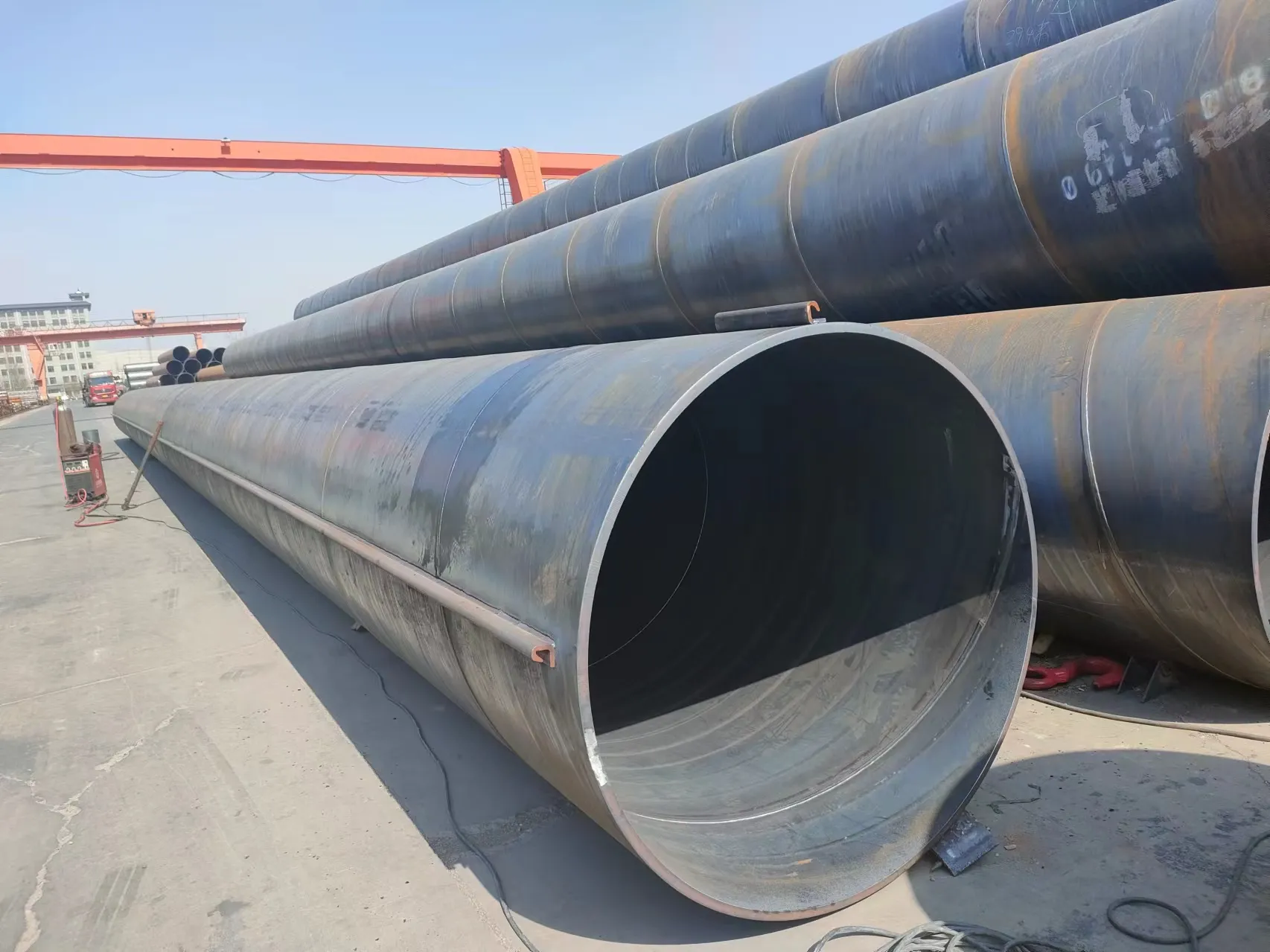Current location:
3 flange
Date:2025-08-17 20:21:43 Read(143)

Understanding API 5L X52M PSL2 Specification The API 5L X52M PSL2 specification is a significant standard that addresses the requirements for the manufacturing of seamless and welded steel line pipes. It is primarily utilized in the transportation of oil and natural gas. Understanding this specification is vital for engineers, manufacturers, and operators in the energy sector as it ensures the integrity, safety, and efficiency of pipelines. Overview of API 5L Specification The American Petroleum Institute (API) published the API 5L specification, which details the technical requirements for the manufacturing, testing, and examination of line pipes. The specification is divided into different grades, with the X52M grade being one of the most utilized options in the industry due to its balance of strength, toughness, and weldability. The X in X52 indicates the minimum yield strength of 52,000 psi (pounds per square inch), crucial for ensuring pipes can withstand the high pressures typically found in hydrocarbon transportation. PSL Levels API 5L further categorizes pipes into two product specification levels (PSL) PSL1 and PSL2. PSL1 provides basic requirements, while PSL2 includes additional testing, including non-destructive examination to ensure higher reliability and safety. The PSL2 category, which X52M falls under, is particularly important for applications where the pipeline’s integrity is paramount, such as in areas with harsh environments or where the risks of leaks can have serious consequences. api 5l x52m psl2 specification Chemistry and Mechanical Properties X52M pipes must adhere to specific chemical composition standards to ensure their performance characteristics. Their tensile strength, yield strength, and elongation rates are strictly defined, ensuring that they can maintain integrity under harsh conditions and within a range of pressures and temperatures. The technical requirements outlined in the specification govern various aspects, including manufacturing methods, heat treatment, and mechanical testing protocols. Application in the Industry The API 5L X52M PSL2 specification is widely used in the oil and gas industry for constructing pipelines that transport gas, oil, and water. It applies to various sectors, including offshore pipelines, onshore transport of hydrocarbons, and even in petrochemical plants. Its specifications help manufacturers design pipes that can resist corrosion, withstand high pressures, and endure the physical stresses encountered during installation and operation. Conclusion In conclusion, the API 5L X52M PSL2 specification is essential for ensuring safety and performance in pipeline applications. By adhering to stringent standards, stakeholders in the energy sector can ensure their infrastructure is reliable, efficient, and capable of withstanding the demands of transporting vital resources like oil and natural gas. Understanding this specification helps stakeholders make informed decisions that not only meet regulatory requirements but also enhance operational efficiency and safety.
Share:
Previous: Exploring the Benefits and Applications of Flanged Plugs in Various Industries and Settings
Next: Butt Weld Fittings Essential Guide for Piping Applications and Installations
Kind tips:The above content and pictures are compiled from the Internet and are for reference only. I hope they will be helpful to you! If there is any infringement, please contact us to delete it!
You may also like
- Flange Slip-On Design Specifications for Class 150 Applications and Installations
- Choosing the Right Size of 2.25% Galvanized Pipe for Your Plumbing Needs
- Curved Steel Pipes for Structural Applications and Industrial Uses
- Exploring the Impact of ANSI Standards on Modern Technology and Industry Practices
- Butt Weld Cap Applications and Benefits in Pipe Fitting Solutions
- Design and Application of 1% 4% 90 Degree Elbows in Pipeline Systems for Optimal Flow Dynamics
- Din 86044 Flange Standard
- API 5L X46 Pipe Specifications and Applications for Optimal Performance in Pipeline Systems
- Exploring JIS 202220 Standards for Enhanced Quality and Efficiency in Industry